1. JFK Almost Chose a Different Route in Dallas
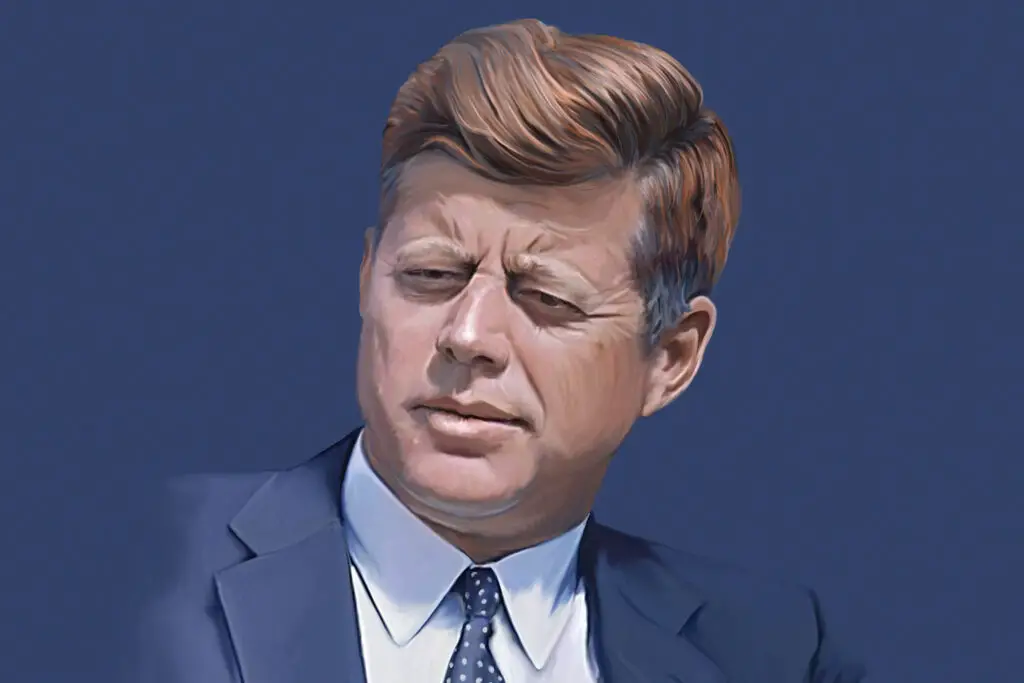
On November 22, 1963, President John F. Kennedy’s motorcade route in Dallas was a matter of debate until just days before his visit. One suggested plan skipped Dealey Plaza entirely, taking a more direct path to the Trade Mart where he was scheduled to speak. But a last-minute decision to include a downtown drive for better public visibility sealed his fate shares Quora.
Had the route not been changed, Lee Harvey Oswald may not have had the opportunity to take the shot from the Texas School Book Depository. It’s chilling to think that such a small adjustment could have rewritten American history. JFK may have finished out his term, and perhaps even served a second. Lyndon B. Johnson’s swift rise to the presidency would never have happened. The Vietnam War escalation might have looked very different. It’s the kind of “what if” that lingers long after the headlines have faded says Reddit.
2. The Cuban Missile Crisis Nearly Ended in Nuclear War
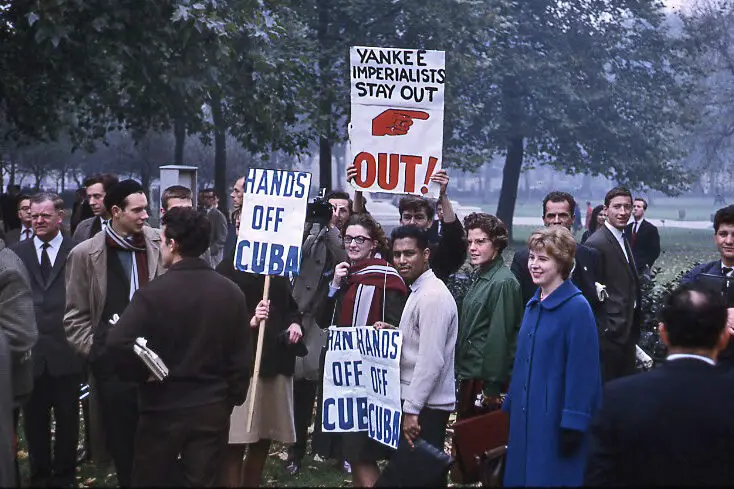
In October 1962, the world stood on the brink of nuclear annihilation. Soviet ships were heading toward Cuba, and the U.S. Navy was ordered to intercept them. But when a Soviet submarine was cornered and depth charges were dropped, its crew believed war had already begun. Inside, officers debated whether to launch a nuclear torpedo shares Wikipedia.
It took one man, Vasili Arkhipov, to say no. His refusal to authorize the strike quite literally saved the world. If he had agreed with the other two officers on board, nuclear war would have erupted. Cities across the globe might have been leveled in minutes. His quiet defiance is one of the most heroic decisions ever made, and yet most people don’t know his name. All it took was one calm voice in a boiling sea adds the Guardian.
3. Alexander Graham Bell Nearly Lost the Patent for the Telephone
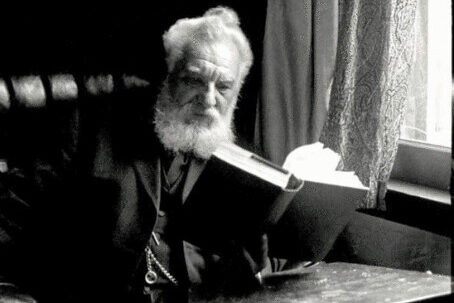
In 1876, Alexander Graham Bell rushed to the patent office to secure the rights to his invention. But Elisha Gray, another inventor, submitted a similar idea the very same day—just hours later. The timing was so close that some speculate about insider tip-offs or lost paperwork. If Gray had arrived first, the name “Bell” might not be synonymous with the telephone at all.
That one bureaucratic race to a desk shaped how we communicate to this day. Bell got the credit, the fame, and the fortune. Gray slipped into the margins of history. It’s amazing to think how one morning’s errands can influence global technology for generations. Had Bell taken a longer breakfast, history might have rung a different tune.
4. Hitler Almost Got into Art School
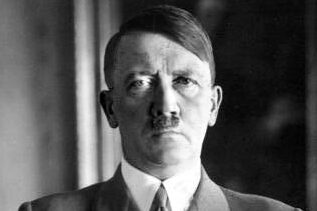
Long before he became the face of evil, Adolf Hitler dreamed of being a painter. He applied twice to the Academy of Fine Arts Vienna and was rejected both times. The examiners thought he lacked talent and imagination. One professor even suggested he try architecture instead, which only angered him more.
If he’d been accepted, his life may have taken a vastly different path. He might have lived out his years painting watercolors and selling postcards on the streets of Vienna. Millions of lives and a world war might have been avoided. It’s eerie to imagine that a few brush strokes short of approval could’ve altered the entire 20th century. All because of a bad portfolio review.
5. A Weather Delay Saved Martin Luther King Jr.’s Life
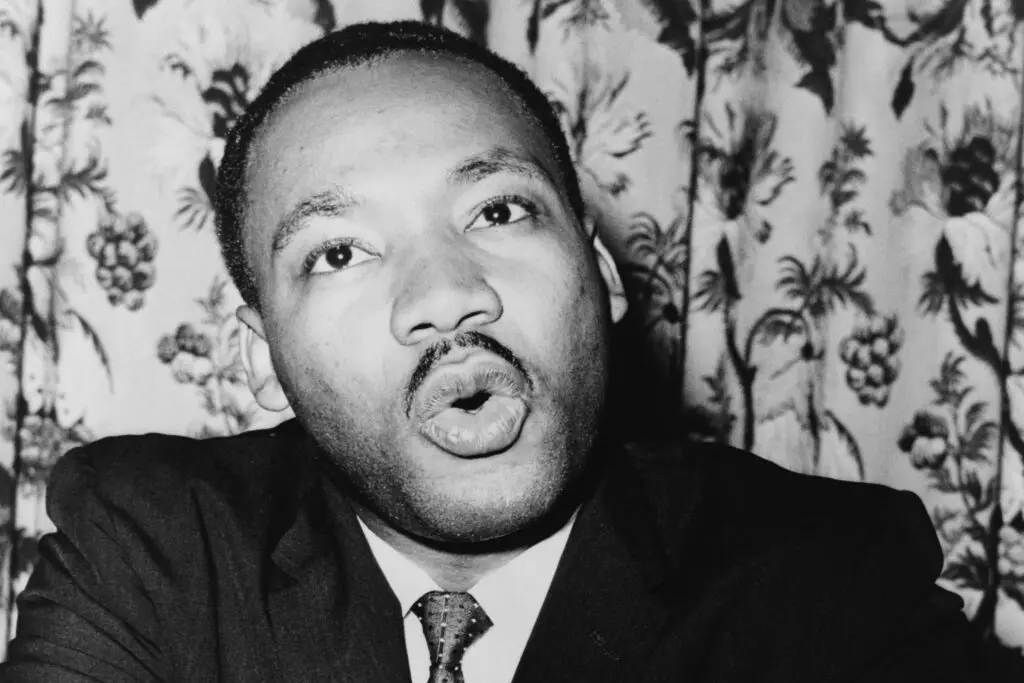
In 1965, Dr. Martin Luther King Jr. was scheduled to board a flight to Memphis that turned out to be doomed. American Airlines Flight 20 crashed on takeoff, killing everyone onboard. But King had been delayed due to bad weather and never made it to the airport in time.
That one twist of fate gave the civil rights movement more time with its most powerful voice. He continued his work, delivering historic speeches and leading major demonstrations. Though he would be assassinated three years later, he accomplished so much in that time. One storm changed everything. It’s incredible how weather, of all things, can shape a legacy.
6. The U.S. Almost Adopted the Metric System
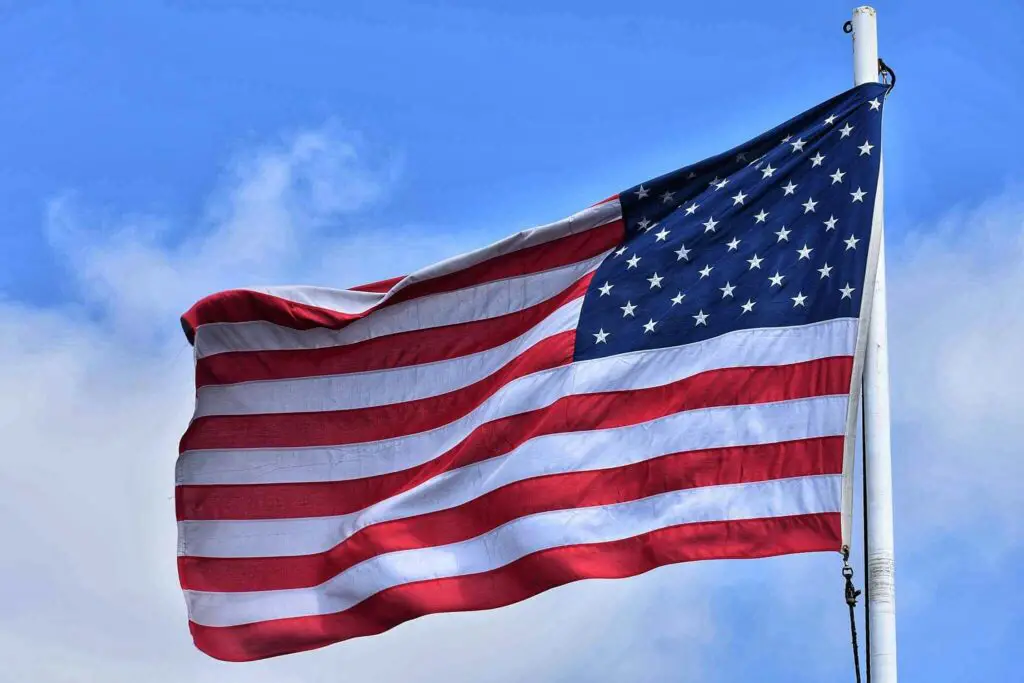
In the 1970s, America flirted seriously with the metric system. Congress passed the Metric Conversion Act, and schools began teaching Celsius and meters. It seemed like a sure thing. But the plan lacked enforcement, and President Reagan eventually pulled funding for the transition in the 1980s.
With that tiny decision, the U.S. cemented its place as the odd one out. Had the effort been supported just a bit longer, we might all be measuring our height in centimeters and checking the weather in Celsius. Manufacturing, science, and even cooking might look a lot more international today. All that resistance over inches and pounds changed the country’s direction forever. It was a choice that affected everything from global trade to everyday recipes.
7. Apollo 11 Nearly Had to Abort the Moon Landing
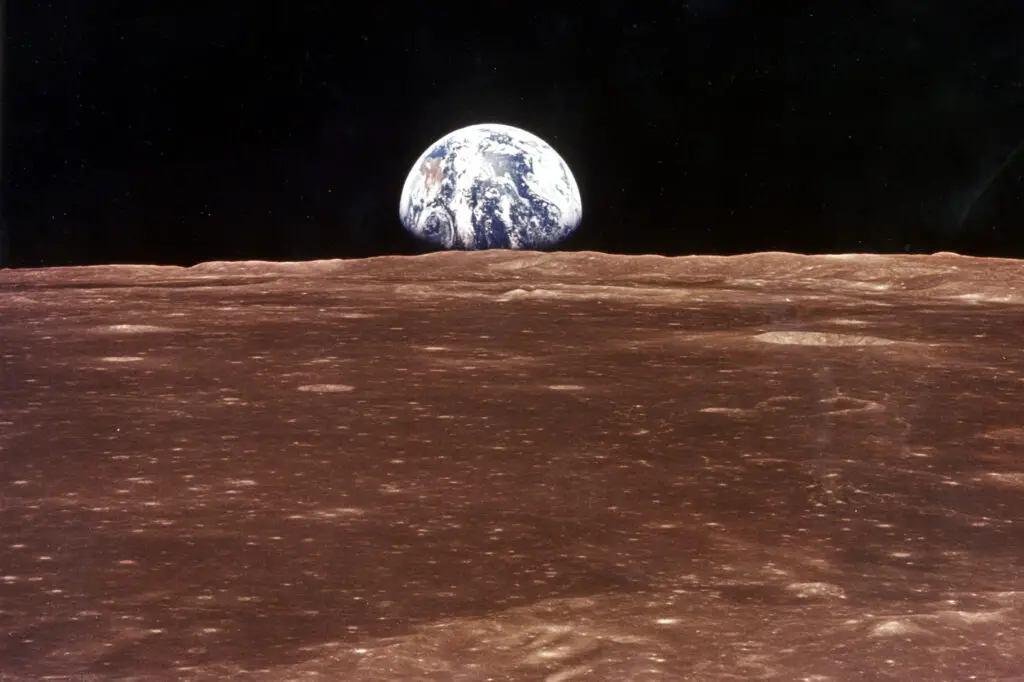
As Neil Armstrong and Buzz Aldrin descended toward the lunar surface, alarms blared in the cockpit. The guidance computer was overloaded and threatening to abort the landing. Mission control had to make a lightning-fast call—abort or push forward. A young engineer named Steve Bales gave the go-ahead, recognizing the alarm wasn’t critical.
That split-second decision let Armstrong utter those immortal words: “That’s one small step for man…” If Bales had played it safe, the world might have seen a lunar fly-by instead of footprints. The triumph of the Apollo mission almost vanished into technical hesitation. It’s wild to think it came down to one guy’s judgment under pressure. Moon history hung in the balance for a few heartbeats.
8. The Titanic Almost Avoided the Iceberg
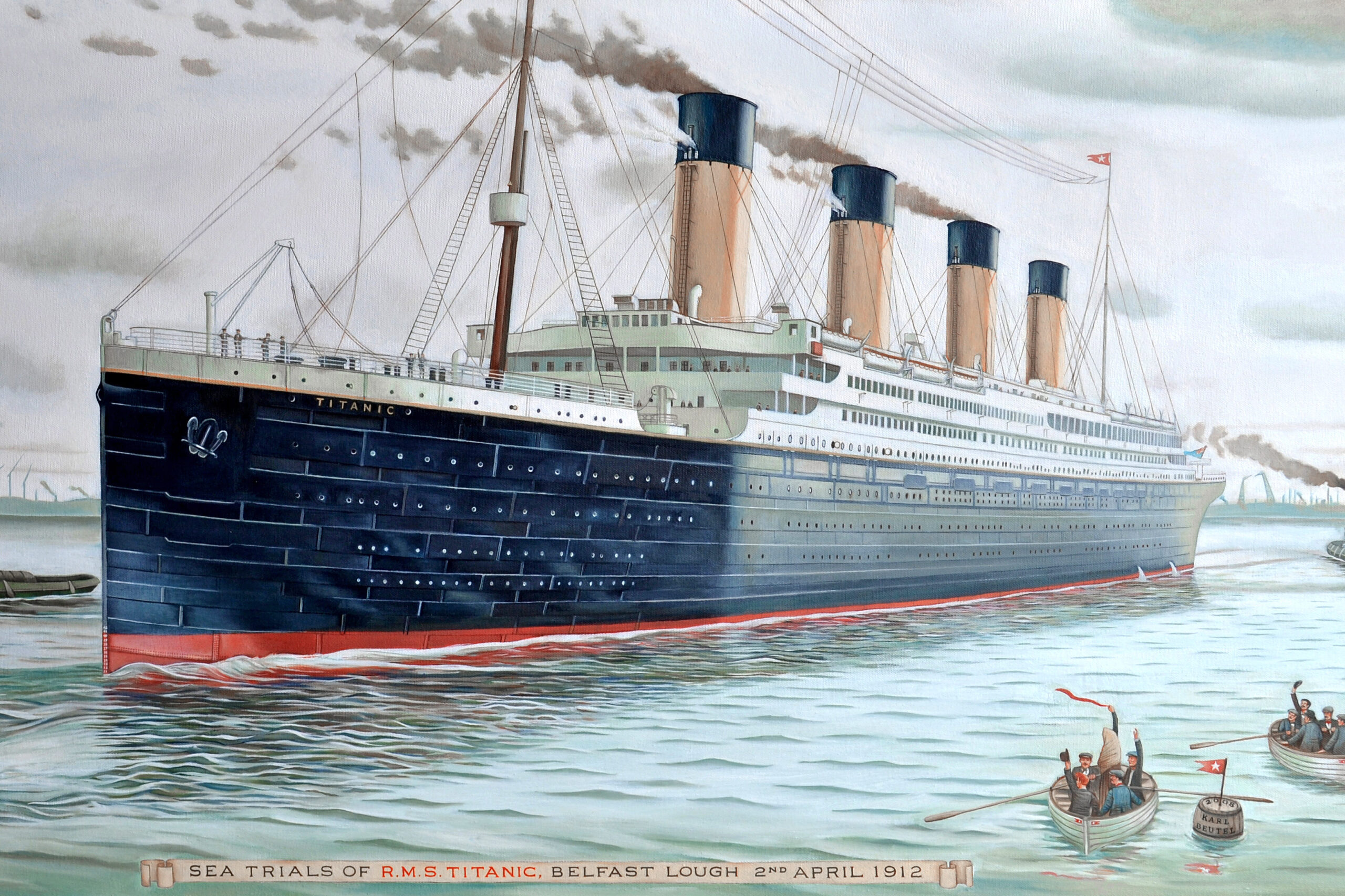
The Titanic received multiple iceberg warnings the day it sank. One of the messages never reached the bridge because a telegraph operator thought it wasn’t urgent. That tiny oversight meant no course correction was made. Hours later, the ship struck the iceberg and met its fate in the freezing Atlantic.
If the note had been passed along, the Titanic might have altered course and sailed into legend for a different reason. No tragic romance stories, no sunken relics explored decades later. It might have completed its maiden voyage without incident. Thousands of lives were lost because a slip of paper didn’t get handed off. One decision, one message—missed.
9. Archduke Franz Ferdinand’s Driver Took a Wrong Turn
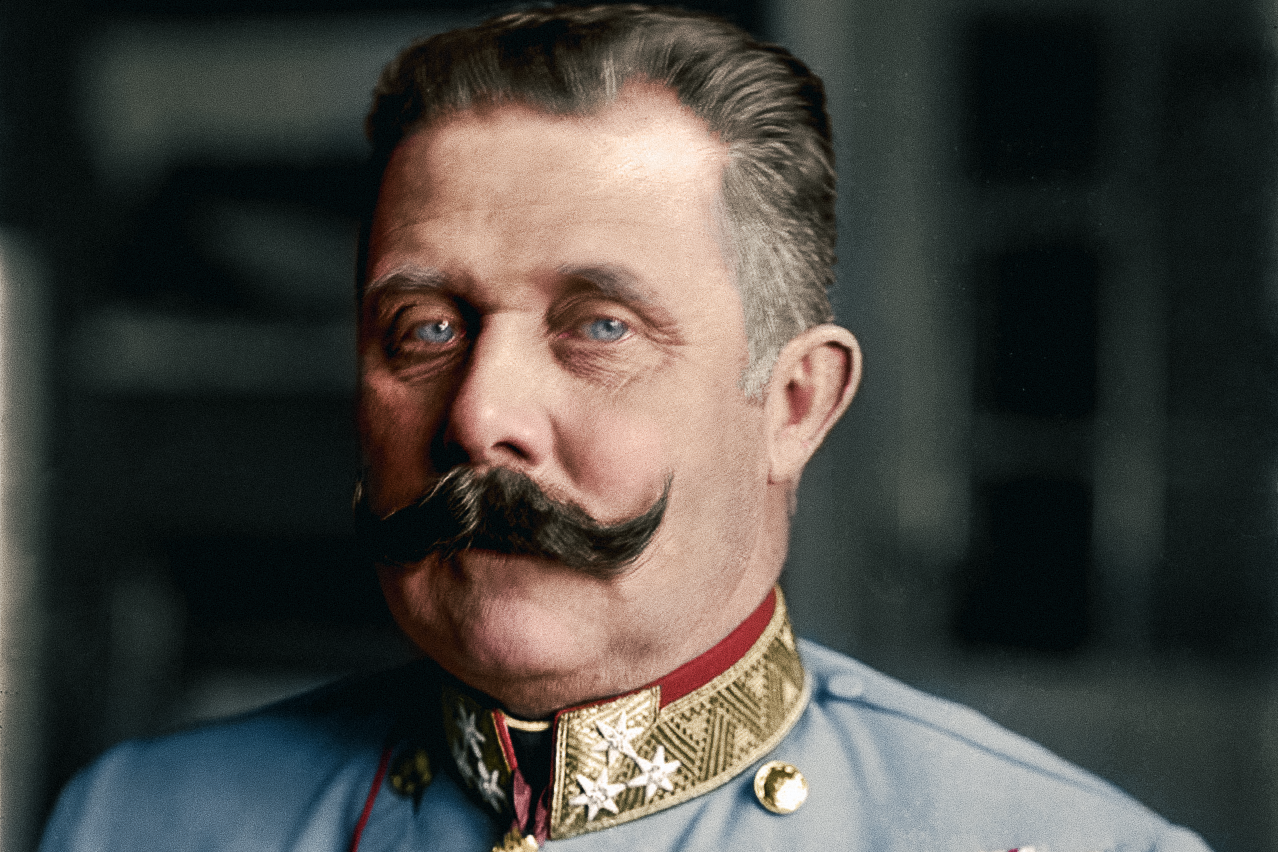
The assassination that started World War I might never have happened if a driver hadn’t taken the wrong street. Archduke Franz Ferdinand’s motorcade was supposed to follow a secure route through Sarajevo. Instead, his chauffeur turned down a side road where Gavrilo Princip just happened to be standing, pistol in hand.
That wrong turn triggered one of the deadliest conflicts in human history. If the driver had stayed on the planned path, Europe might have avoided years of trench warfare and chaos. Millions of lives, revolutions, and even the eventual rise of fascism can be traced back to that moment. Sometimes the road not taken is the one that could’ve saved the world.
10. Microsoft Almost Didn’t Buy DOS

When IBM approached Microsoft in the early 1980s to provide an operating system for their new personal computer, Bill Gates didn’t have one. But instead of turning down the deal, he bought a little-known system called QDOS for a small fee. He renamed it MS-DOS and licensed it to IBM, keeping the rights.
Had Gates said no or failed to buy that software, Microsoft may never have become a tech giant. The entire Windows empire was built on that one decision. It’s a reminder that timing and foresight sometimes matter more than raw invention. Gates didn’t create DOS, but he saw the opening and seized it. A multi-billion-dollar company started with a lucky buy.
11. The Beatles Almost Didn’t Get Signed
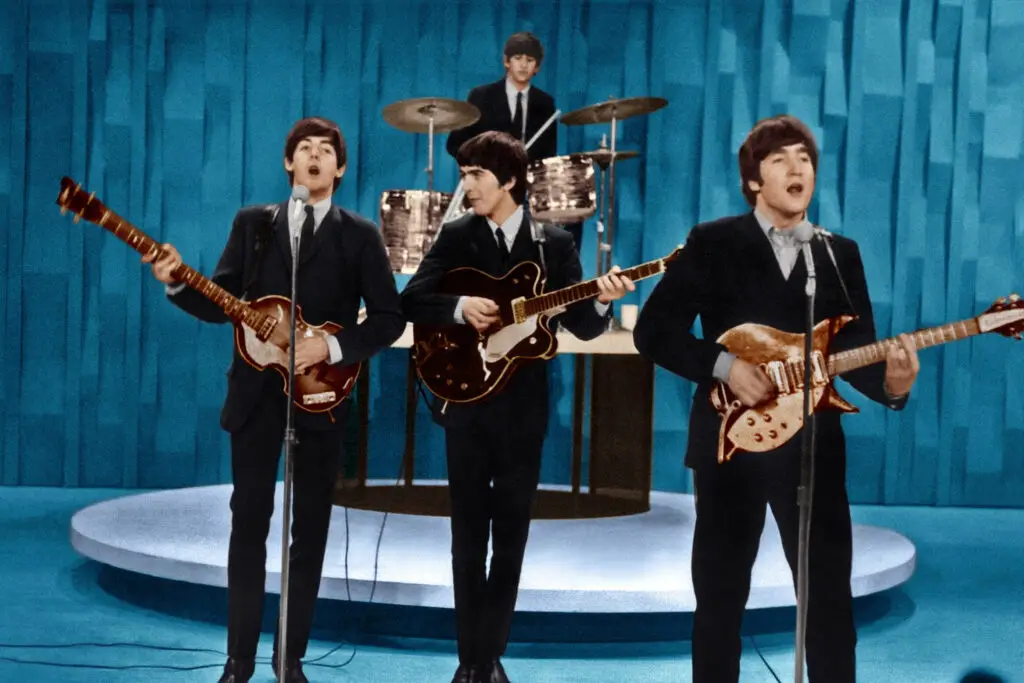
In 1962, The Beatles were rejected by Decca Records, who famously said “guitar groups are on the way out.” It was a massive misjudgment. But producer George Martin at EMI’s Parlophone label took a chance on them, based mostly on their personalities in the audition tape.
If Martin had passed, the band might have stayed local legends, playing clubs in Liverpool. We might never have heard “Hey Jude” or “Let It Be.” The British Invasion, as we know it, may never have happened. One open-minded producer reshaped music history. All it took was someone willing to look past convention.
12. The Challenger Launch Went Forward Despite Concerns
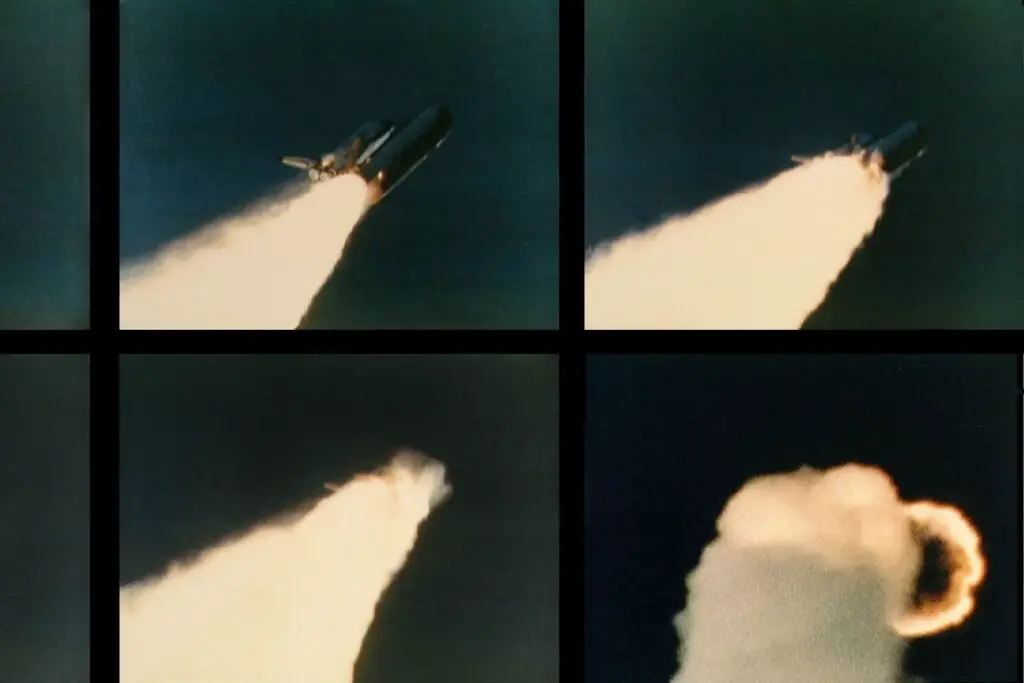
In January 1986, engineers at Morton Thiokol expressed concern over launching the Challenger in cold weather. The O-rings used in the boosters weren’t rated for such low temperatures. But after pressure from NASA, managers overruled the objections. The shuttle launched—and 73 seconds later, it exploded.
If the launch had been delayed just one day, temperatures would have risen, and the disaster might have been averted. The tragedy killed all seven crew members, including Christa McAuliffe, the first teacher in space. One meeting, one pressured vote changed everything. It was a heartbreaking lesson in how small decisions can have devastating effects.
13. Napoleon Almost Fled Before Waterloo
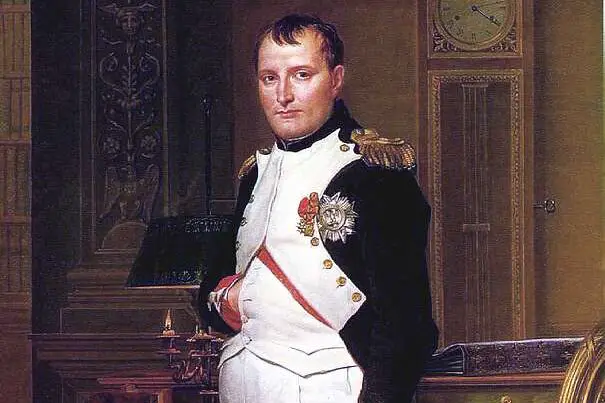
Before the Battle of Waterloo, Napoleon was advised by some of his generals to retreat and regroup. His health was poor, and his forces were outmatched. But he decided to stay and fight, thinking his experience and timing would lead to victory. It was a gamble—and he lost.
That decision led to his final defeat and exile. Had he left the battlefield, he might have reorganized and struck again later. The map of Europe could have looked very different by century’s end. Sometimes, confidence collides with consequence. All because one man chose to stand his ground.
14. Pixar Almost Gave Up on Toy Story
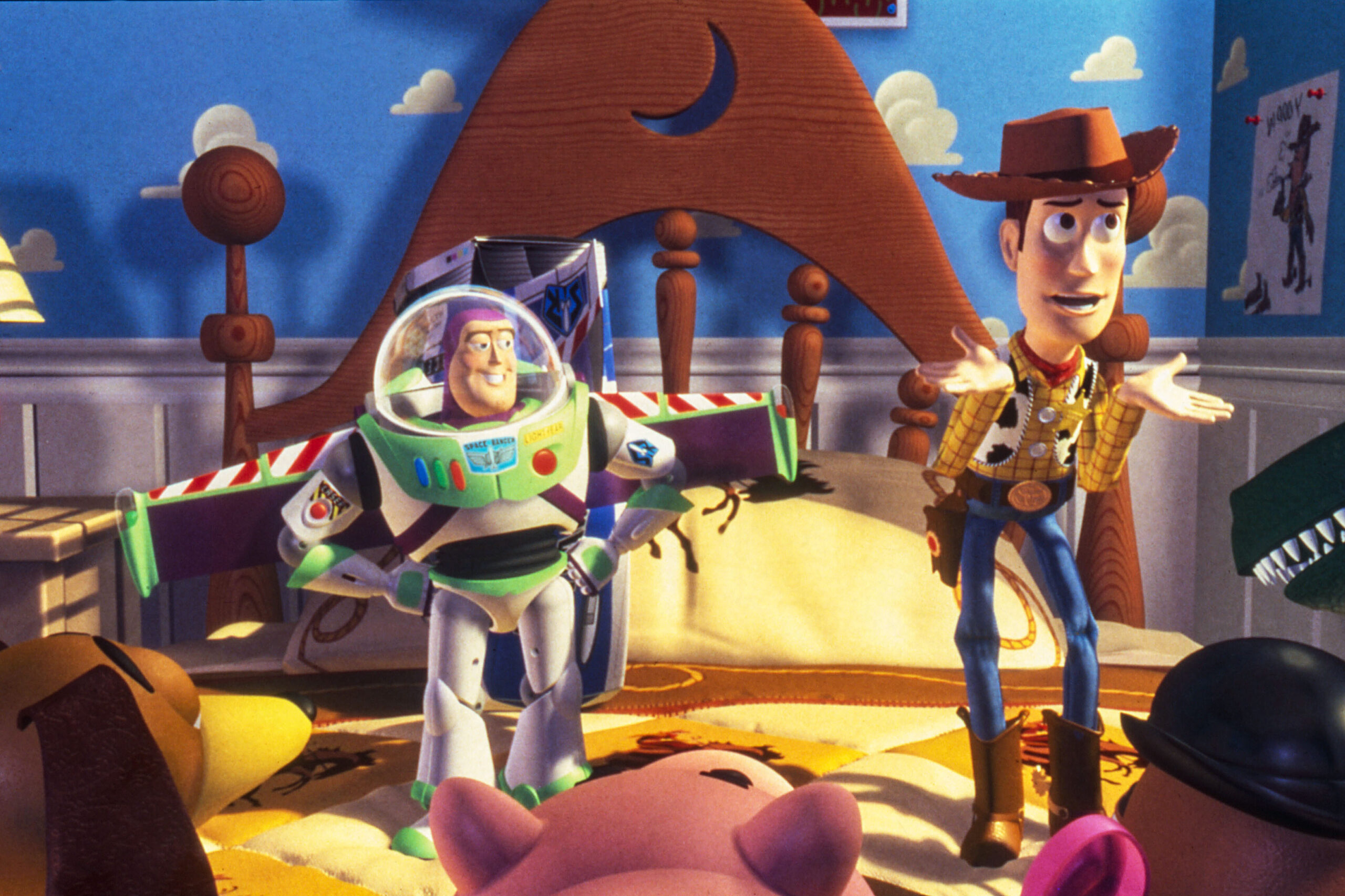
In early production, Toy Story was a mess. The characters were mean-spirited, the story didn’t work, and Disney almost scrapped the whole thing. But a small team at Pixar begged for one more chance. They rewrote the script, reimagined Woody, and stayed up countless nights fixing it.
The result was the world’s first fully computer-animated feature film—and a cultural phenomenon. If Disney had pulled the plug, there’d be no Buzz Lightyear or tearful “So long, partner” moments. Pixar might have folded before ever finding its magic. One second chance made movie history.
